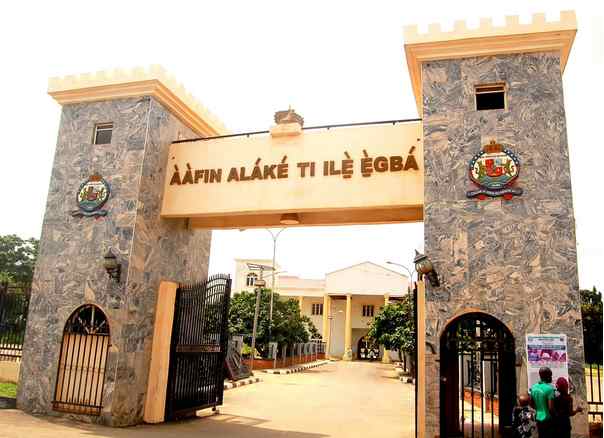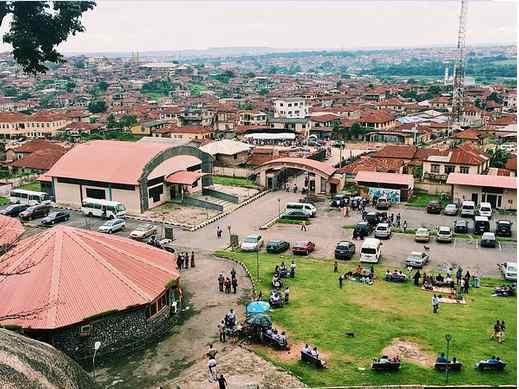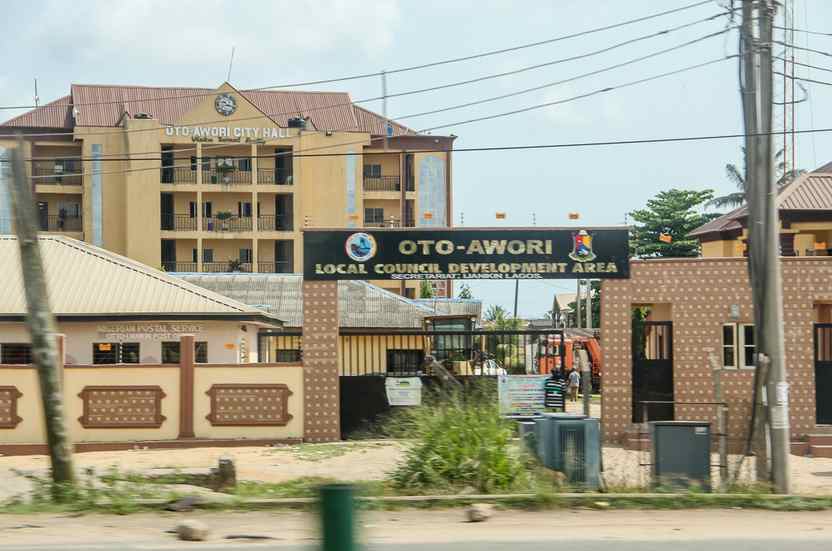
support@yorubalibrary.com
+2348073529208, 07038599574

Egba refers to a prominent subgroup of the Yoruba people, primarily based in Abeokuta, Ogun State, Nigeria. Known for their resilience, strategic thinking, and culture, the Egba have played an important role in Yoruba and Nigerian history. The name “Egba” is often associated with strength, unity, and industriousness, values that continue to define their people to this day.
Historically, the Egba trace their origins to the old Oyo Empire, from where they migrated to establish settlements in the forested region that later became Abeokuta. Their migration, prompted by warfare and political changes, was guided by courageous leaders, including the legendary Lisabi Agbongbo-Akala, who is celebrated for uniting the Egba people and leading them to independence from oppressive rulers.
The Egba were strategic in choosing Abeokuta as their home, as its rocky terrain provided natural defense against invaders. Over the centuries, Abeokuta became not only a political and cultural hub but also a thriving center for trade, education, and religion. Today, Egba people proudly preserve their heritage through festivals, palace traditions, and their Oriki, which captures their heroic past and enduring legacy.
Location and Geography
The Egba heartland is Abeokuta, the capital of Ogun State, situated in southwestern Nigeria. The city is famously built among large granite outcrops, including the Olumo Rock, which served as a refuge during tribal wars. Abeokuta’s fertile soil supports farming, while its location along major trade routes fostered its early economic growth.
Cultural and Historical Significance
The Egba people are organized into three main divisions: Egba Ake, Egba Oke-Ona, and Egba Gbagura, each with its own traditional ruler but united under the paramount ruler — the Alake of Egbaland.
Abeokuta is rich in cultural landmarks, such as Olumo Rock, Centenary Hall, and various historical churches and mosques. Annual events like the Lisabi Festival celebrate the Egba’s unity, courage, and industrious spirit.
People and Occupations
The Egba are known for their enterprise, excelling in farming, trading, craftsmanship, and education. Historically, they were major participants in the kola nut, cocoa, and palm produce trade. Many Egba people have also distinguished themselves in politics, literature, and business.
Unique Features of Egba
• Olumo Rock – Historic refuge and cultural symbol.
• Lisabi Festival – Annual celebration of Egba unity and history.
• Paramount Chieftaincy System – The Alake as the central traditional authority.
• Historical Significance – Key players in Yoruba and colonial-era politics.
Oriki Ilu Egba
Below is the traditional Oriki (praise poetry) of Egba land.
Ẹ̀gbá ‘mọ Lísàbí
Agbòǹgbò àkàlà
Ọmọ erin j’ogún ọlá
Ọmọ ṣí ‘lẹ̀kùn pa ‘lẹ̀kùn dé
Aridi ògo lójú Ogun
Baba t’ẹ̀yin ni wọ́n ròyìn ogun bààrà f’ágbe
Ẹ̀gbá, ọmọ adúró gbẹrú, má dúró gbẹ̀kọ
Ẹrú ní nsini, ẹ̀kọ kìí sìn ’yàn
Kò s’óhun tí wọ́n ǹṣe ní mọ́kà
T’ẹ́yin kìí ṣe l’Ẹ̀gbá Aláké yín
Wọ́n ń munmi sẹ́mí-sẹ́mí ní Mọ́kà
Ẹ̀yin náà n munmi Odò Ògùn l’Ẹ̀gbá Aláké
Wọ́n ń g’Àràfá ní Mọ́kà Ẹ̀yin n g’orí Olúmo l’Ẹ̀gbá ti yín
Wọ́n bí yin L’Áké
Ẹ gbó lẹ́nu bí jeje
Wọ́n bí yin ní Gbàgùrá
Ẹ gbó l’óhùn bí ọ̀jẹ̀.
Ọba òkè bá wa dá ìlú Ẹ̀gbá sí
Conclusion
The Egba people have maintained their cultural identity while adapting to modern life, standing as an example of unity.
Need more? Browse through our Oriki Gallery today, at zero cost.

Check out the detailed Oriki of Abeokuta, the capi…

The authentic Oriki of the Awori people, one of th…